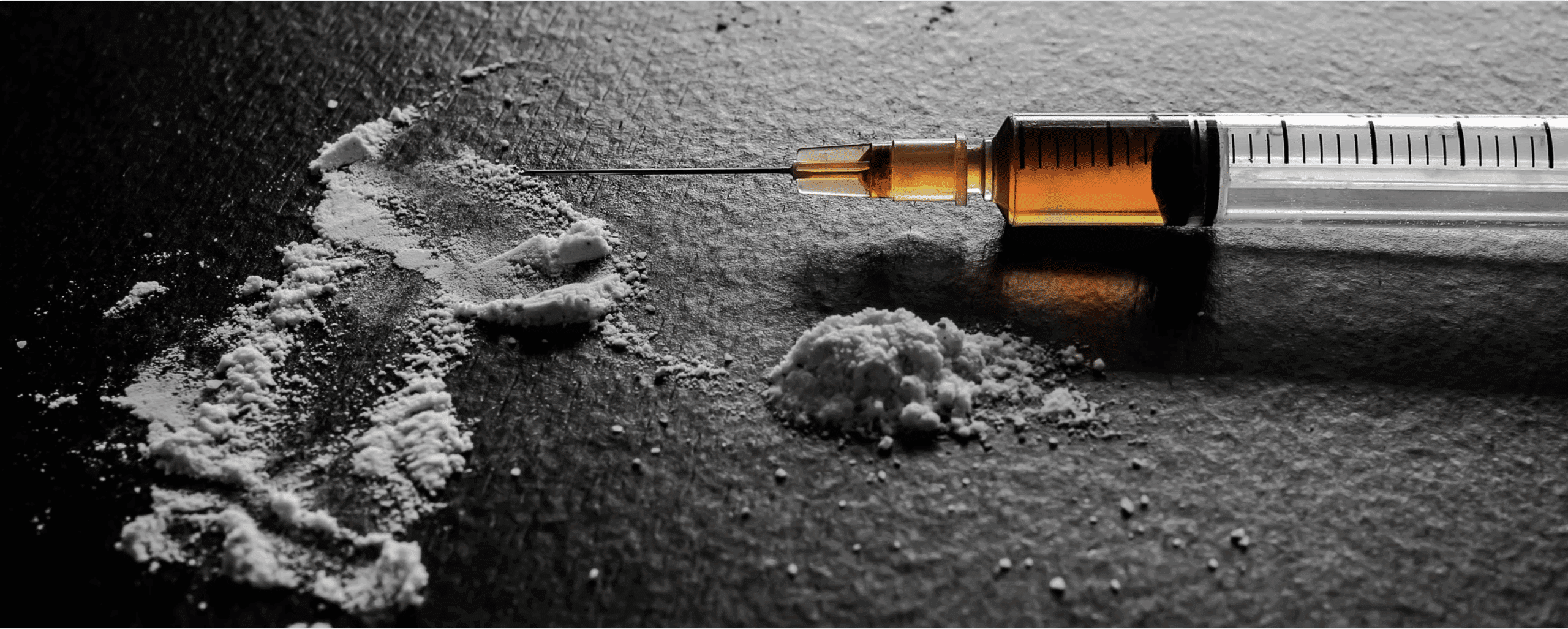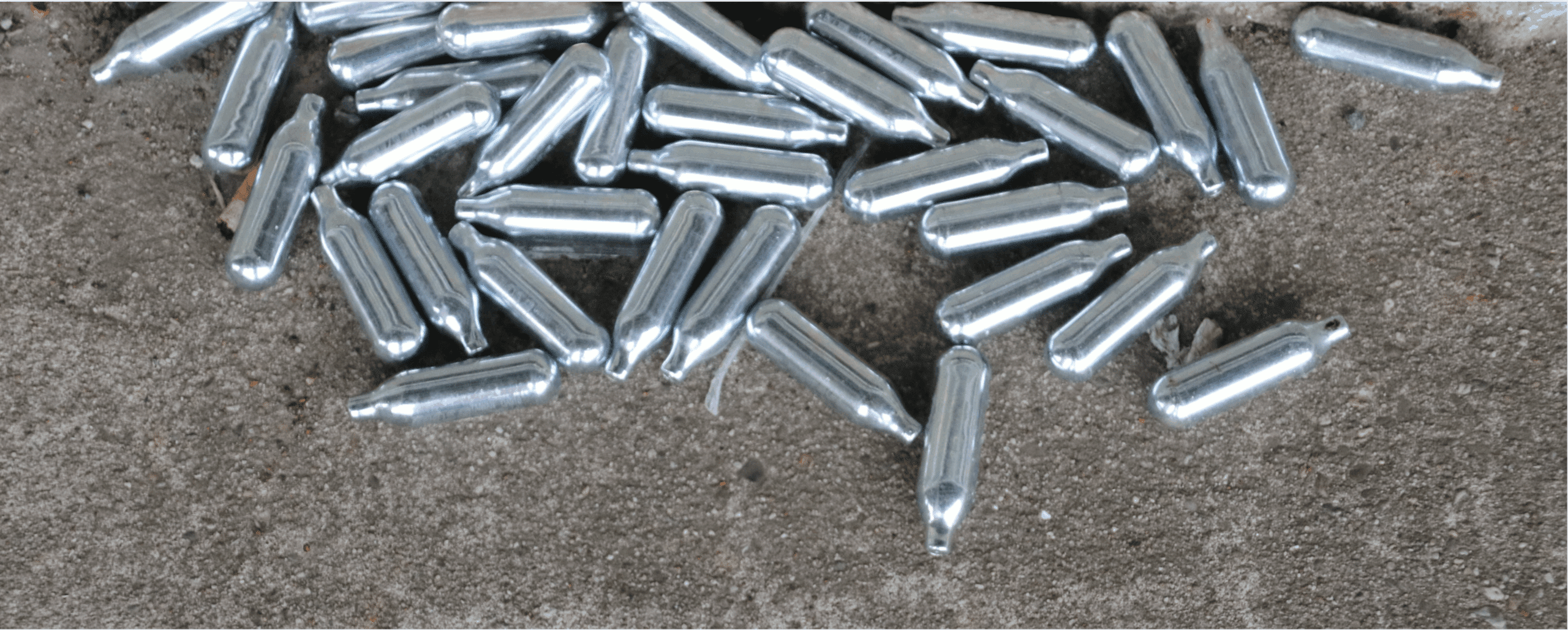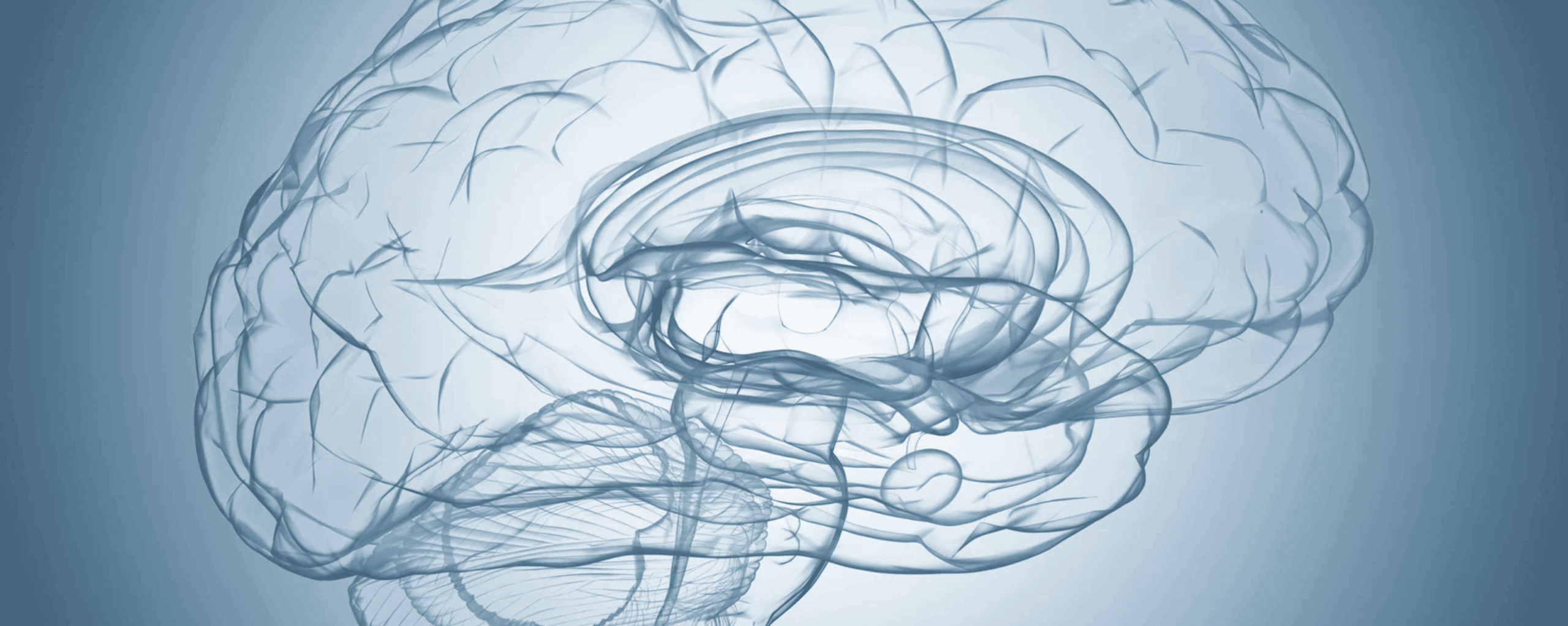Alcoholism is a devastating disease that ruins families and lives. But what causes it? Why is alcohol addictive? How can you overcome an addiction to alcohol?
There are many factors that contribute to alcoholism: For some people, it may be a genetic predisposition. If you have a family member who is an alcoholic, you may be more likely to develop the disease yourself. Additionally, alcoholics often have a history of mental health issues or trauma. This can make them more likely to self-medicate with alcohol. Environmental factors can also play a role in alcoholism. If you grew up around a drinking culture or if alcohol was always present in your home, you may be more likely to develop a problem with drinking. And peer pressure and social norms can lead to alcohol abuse and heavy drinking.
Finally, it’s important to understand that addiction is a disease. It’s not something that people can just “quit” on their own. Most times quitting alcohol requires structured addiction treatment and ongoing recovery support. Learn more about why alcohol is addictive and how to get help if you’re struggling with alcohol abuse.
What Is Alcohol Addiction?
The National Institute of Alcohol Abuse and Alcoholism reports that almost 15 million Americans meet the criteria for an alcohol use disorder. Alcohol addiction is a disease characterized by an inability to control drinking habits. This may include daily drinking, binge drinking, or excessive alcohol consumption on a regular basis.
People with alcohol addiction often drink to excess, even when they know the consequences of their behavior. They may also experience withdrawal symptoms when they don’t drink, such as anxiety, tremors, or nausea. Many need to drink to feel normal or function. Alcoholics may feel unable to quit drinking even if they want to. Alcohol addiction can be deadly, and it can destroy families and relationships.

What Makes Alcohol Addictive?
After you drink alcohol, it travels throughout your body and crosses the blood-brain barrier. This barrier is designed to protect your brain from toxins, but alcohol can cross it easily. Once it enters the brain, alcohol blocks neurotransmitters that are responsible for stopping impulsive behavior. As a result, drinking causes feelings of pleasure and relaxation, which can lead to addiction.
Another reason alcohol is addictive is because it causes chemical changes in the brain. When you drink alcohol, it triggers the release of dopamine, a neurotransmitter responsible for feelings of pleasure. Over time, this can lead to dependence on alcohol to feel good. Chronic drinking can also damage nerve cells in the brain, making it harder for you to resist drinking in the future.
Finally, alcohol addiction can be attributed to social and environmental factors. If you grew up in a household where drinking was normalized, you’re more likely to develop an addiction to alcohol. Peer pressure and the availability of alcohol can also contribute to addiction.
How Does Alcohol Addiction Develop?
People can become addicted to alcohol and other drugs because their brain starts to change. Drinking alcohol produces pleasurable chemicals in the brain called neurotransmitters. These neurotransmitters make you feel good. But when you drink too much alcohol, it changes the way these chemicals work in your brain. This makes you feel bad when you stop drinking. Then you need to drink more alcohol to feel good again. This can lead to alcohol addiction.
Anyone can get addicted to alcohol because of the feeling it provides and the changes it makes to your brain, but there are factors that can make some people more prone to alcohol dependency. These include:
- Genetics
- Mental health disorders
- Trauma
- Social environment
People who have close family members with alcoholism are more likely to develop the disorder themselves. This may be due to genetic factors or simply because they learn problem drinking behaviors from observing others. Mental health disorders like anxiety and depression can also lead to addiction because you may try to self-medicate psychological symptoms with alcohol. Those who regularly drink heavily in social situations are more likely to develop a problem with alcohol as well.
Over time, people who are addicted to alcohol become tolerant of it. Tolerance means that you need more of a substance to get the outcome you desire. Because of tolerance, people who are addicted to alcohol can have withdrawal symptoms when they stop drinking alcohol. Alcohol withdrawal symptoms are different for everyone, but they can include:
- Shaking
- Feeling anxious or irritable
- Sweating
- Nausea
- Vomiting
- Seizures
- Tremors
- Confusion
- Irregular heart rate
- Insomnia
People with alcohol addiction often try to stop on their own, but most need help to quit drinking for good. Treatment for alcohol addiction usually includes:
- Medical detox
- Therapy
- Support groups
- Medication (in some cases)
Detoxification helps your body rid itself of alcohol, while therapy helps you identify the reasons behind your alcohol addiction and how to avoid triggers to drink. Support groups can provide encouragement, accountability, and motivation from other people who are going through the same thing. Medication can help reduce cravings and withdrawal symptoms.
What Are the Symptoms of Alcohol Addiction?
Signs and symptoms of alcoholism vary from person to person, but some common ones include:
- You find yourself needing to drink more and more alcohol to feel the same effects.
- If you stop drinking, you experience alcohol withdrawal symptoms such as shaking, nausea, vomiting, and sweating.
- You try to quit on your own but can’t do it.
- You have problems at work or school – You may miss work or school because of your drinking, or you perform poorly because of your alcohol use.
- You experience financial problems because of your drinking.
- You have legal problems because of your drinking.
- You have relationship problems because of your drinking.
- You have an underlying mental health condition such as depression or anxiety – You may turn to alcohol to self-medicate your mental illness symptoms.
- You struggle to control your drinking.
- You drink more than you plan to, or faster than you plan to.
- You’re not able to stop drinking once you start.
- You continue to drink even though it causes problems in your life.
- You have a strong desire or craving for alcohol.
- You feel like you need to drink alcohol to function.
- You feel like you can’t control your drinking.
- You deny or downplay your problem.
- You make excuses for your drinking or try to hide it from others.
- You struggle to see how drinking causes problems in your life.
- You continue to drink even though you realize it’s causing problems in your life.
How Do You Diagnose an Alcohol Use Disorder?
According to the Diagnostic and Statistical Manual of Mental Disorders, Fifth Edition (DSM-5), there are 11 diagnostic criteria for an alcohol use disorder. To be diagnosed with an alcohol use disorder, you must meet at least two of these criteria.
The 11 diagnostic criteria for an alcohol use disorder are:
1. Alcohol is often taken in larger amounts or over a longer period than was intended.
2. There is a persistent desire or unsuccessful efforts to cut down or control alcohol use.
3. A great deal of time is spent in activities necessary to obtain alcohol, use alcohol, or recover from alcohol effects.
4. Craving, or a strong urge to drink, is often present.
5. Recurrent drinking leads to a failure to fulfill major role obligations at work, school, or home.
6. Social, occupational, or recreational activities are given up or reduced because of alcohol use.
7. Alcohol use continues despite knowledge of having a persistent or recurrent physical or psychological problem that is likely to have been caused or exacerbated by alcohol intake.
8. Alcohol ingestion results in recurrent physical problems, such as hangovers or illnesses, that occur after drinking has ceased.
9. Tolerance develops to the effects of alcohol, i.e., more alcohol is needed to achieve the desired effect.
10. Withdrawal symptoms (e.g., shakiness, anxiety, increased heart rate) occur when drinking is stopped abruptly after a period of heavy drinking.
11. Drinking causes distressful side effects such as nausea and vomiting.
How Is Alcohol Addiction Treated?
Now that we’ve established alcohol is addictive, how is it treated? There are many ways. Some people may require inpatient treatment, while others may only need outpatient treatment. Some of the most common treatments for alcohol addiction include:
Individual counseling: This is where a therapist helps you work through addiction and underlying issues that may be causing it.
Group counseling: This is similar to individual counseling but takes place in a group setting. It can be helpful for those who want to share their experiences with others and receive support from people going through the same thing.
Co-occurring disorders treatment: This is an important part of alcohol addiction treatment. Many people who struggle with alcohol addiction also struggle with a mental health disorder, such as depression, anxiety, or bipolar disorder. Treating both the addiction and the co-occurring disorder is essential for a successful recovery.
Medication: There are various medications that can be used to treat alcohol addiction. Antabuse is one of these. It causes unpleasant side effects of alcohol when you take it, which can help some people stay away from drinking.
Alcohol detox: This is a process where your body is rid of all the toxins that have built up from drinking. Alcohol detox can be done in an inpatient or outpatient setting, depending on the severity of the addiction.
Rehabilitation: Rehabilitation is a long-term treatment option that helps people recover from their addiction and learn how to live a sober life. Alcohol and drug rehab typically includes both individual and group counseling, as well as educational classes on addiction and recovery.
Behavioral therapy: This type of therapy helps you learn how to change your behaviors and coping mechanisms related to drinking. It can be helpful for preventing relapse.
Many people with alcohol addiction choose to attend 12-step groups as part of their treatment. These groups, such as Alcoholics Anonymous (AA), provide support and guidance for people trying to overcome addictions. They offer a community of people who understand what you’re going through and can offer support and accountability.
What Are the Risks of Alcohol Addiction?
Because alcohol is addictive, an alcohol use disorder can take over your life, becoming your focus. When you’re struggling with addiction, your health and all other areas of your life may suffer. You might experience:
Health problems: Alcohol addiction can lead to a variety of health consequences, including:
- Liver disease
- Pancreatitis
- Heart disease
- Brain damage
Legal problems: Alcohol addiction can lead to legal problems such as DUI charges, arrests, and jail time.
Relationship problems: Alcohol addiction can cause relationship problems due to behaviors when drunk and the fallout from these behaviors.
Financial problems: Alcohol addiction can lead to financial problems due to the cost of alcohol and the resulting damage it can cause to your personal finances, job, and relationships.
Social isolation: Alcohol addiction can lead to social isolation as you withdraw from friends and family to hide the severity of your substance abuse, avoid confrontations about your alcohol use, or spend time with other people who abuse alcohol.
Death: Alcohol addiction can lead to death due to health problems, accidents, or suicide.
How Can I Get Professional Help for Alcoholism?
If you or someone you know is struggling with alcohol addiction, there are several treatment options available. The continuum of care for alcohol addiction treatment programs include:

Detox is the first step in treating alcohol addiction. During detox, you will stop drinking and go through withdrawal. Alcohol withdrawal can be dangerous and uncomfortable, so it’s important to detox under the supervision of a medical professional.
Inpatient treatment is a more intensive form of treatment that involves living at a rehab facility for a period of time. This type of treatment is typically recommended for people who have severe addictions or who have failed to respond to other forms of treatment.
Partial hospitalization programs (PHP) are less intensive than inpatient treatment but more intensive than outpatient treatment. They involve spending most of the day at a rehab facility but returning home at night. This type of program is ideal if you have a moderate addiction.
Intensive outpatient programs are less intensive than partial hospitalization programs and involve attending rehab for several hours per day, several days per week. This type of program is ideal for those who have mild addictions or who are transitioning out of residential treatment or a PHP.
Outpatient treatment is the least intensive form of substance abuse treatment and involves attending alcohol rehab once or twice per week. This type of program is ideal for people who have recently completed an inpatient or partial hospitalization program and are also stepping down from an intensive outpatient program.
We’re Here If You Need Help
If you’re struggling with addiction to alcohol, call us. Vogue Recovery Center provides evidence-based treatment. We are a trusted leader in addiction treatment and have helped thousands of clients take back their lives. We can help you.
References
vogue-staff
Latest posts by vogue-staff (see all)
- What Is Gestalt Therapy? - July 14, 2025
- What Is Heroin? Finding Heroin Rehab Near Me - July 14, 2025













